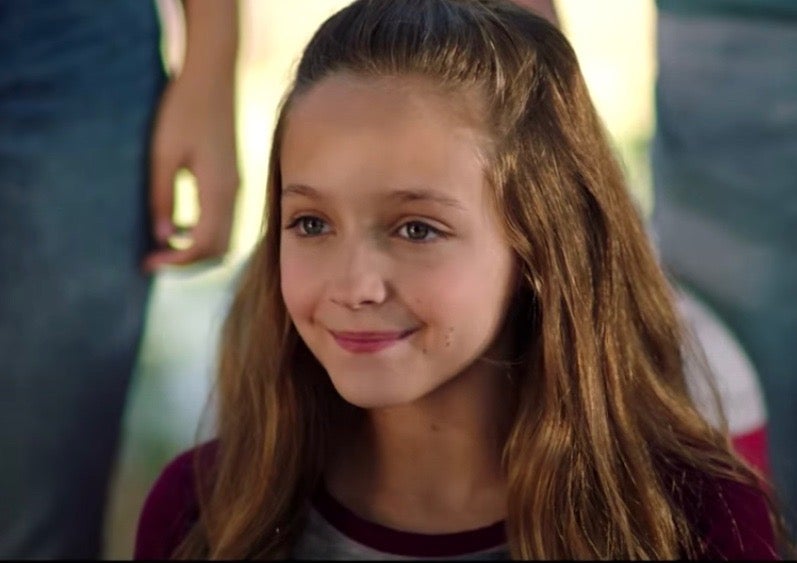
Plot Summary
When a desperate criminal takes a pastor and his two daughter hostage within the church after a Wednesday night service, the police are forced to take drastic measures to keep the victims safe. However, the criminal is mostly confused and unsure of what he wants to do. Thus, the pastor and his daughters do what they can to help him. Will the situation be resolved before it’s too late?
Production Quality (2.5 points)
Besides a few exceptions, Kevan Otto’s more recent productions have contained higher levels of quality than his previous efforts. There’s a continuation of this trend in Forgiven. Video quality, camera work, and audio quality are all professional. Sets, locations, and props are standard. There are only a few minor editing issues, but this fact doesn’t prevent this section from receiving a high score.
Plot and Storyline Quality (.5 point)
This film is based on an interesting suspense idea although the hostage situation is half-hearted at best. Additionally, the characters are one-dimensional, including a criminal who doesn’t really seem to be committed to anything and generally lacks deeper motivations for his behaviors. Stock and unsubstantial dialogue do nothing to improve the blank characters even though this character-based plot desperately needed real conversations to keep it going. Too many empty scenes fill time rather than create meaningful arcs. It felt like that the writers just wanted to skip to the end instead of make the audience want to watch the build-up. Many sequences are very boring and preachy, espousing a cheap Christian message about going to church to act right. Though the conclusion is slightly interesting, it’s difficult for the view to make it there, and it’s hard to understand why the basically perfect and unrelatable protagonist even wanted to help the criminal character. Very narrative-heavy and character-light, this story needed a lot more fleshing out to truly enhance the potential within. Thus, only a meager rating is warranted here.
Acting Quality (2 points)
As a whole, the acting in Forgiven is pretty good. For the most part, emotions are realistic, and line delivery is acceptable. Some performances are better than others, and some cast members are more believable than others. Due to the small cast, errors are more noticeable, which is why this section only receives an above-average score.
Conclusion
At this point, it seems like that Kevan Otto and his team know how to craft a pedestrian, acceptable-on-paper screenplay. However, to truly succeed, they will need to go further than this. Otto has proven that he can improve production quality over time, so it’s time for him to employ better writing talent to create more engaging narratives with more accessible characters. Otherwise, average ratings will be the norm.
Final Rating: 5 out of 10 points





















